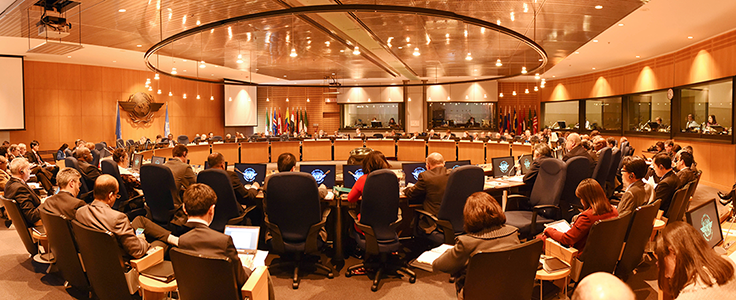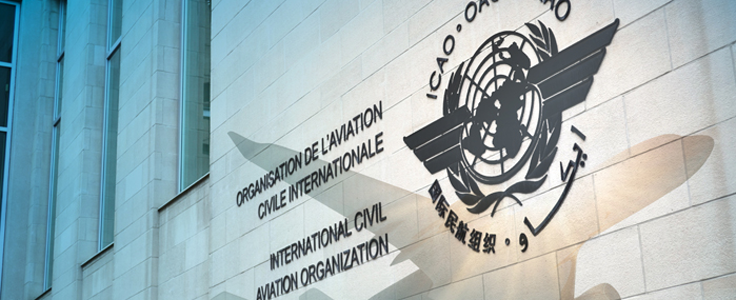ICAO Secretary General Dr. Fang Liu told ICAO member states yesterday that in order for them to safely and efficiently manage forecast growth, and optimize the social and economic benefits of increased international routes and flights, they need to become more open to sharing flight data in support of new Air Traffic Flow Management (ATFM) approaches.
“To manage future growth we must become better at what we already do, and in the finite airspace we already control,” Dr. Liu emphasized during her opening remarks to ICAO’s ATFM Global Symposium in Singapore, which was attended by nearly 300 participants from 24 ICAO Member States and international organizations.
“For some States this will involve sovereignty concerns, as all partners involved in an ATFM framework must be willing to fully commit to and support a more open and collaborative international flight information environment,” Dr. Liu remarked.

Dr. Liu’s points were echoed in the introduction she received from Mr Kevin Shum, Director-General of the Civil Aviation Authority of Singapore.
Shum encouraged the attending governments “to build momentum and work towards introducing a global harmonized ATFM system.”
Mr. Shum also remarked that “the success of our industry depends on your spirit of openness and continued participation in the sharing of ideas, knowledge and experience.”
“This advance and real-time coordination helps to avoid aircraft reaching their destinations and being placed into costly holding patterns, as well as permitting ATM professionals in general to be much more responsive when dealing with meteorological or other unexpected events,” Dr. Liu commented.
Underscoring further that the speed and efficiency by which modern commercial aircraft can move passengers and cargo globally is the core value offering of international aviation, she stressed that these very qualities are being threatened today by how quickly air transport operations are expanding.

Highlighting to her high-level audience that air traffic flights and passenger volumes globally tend to double every 15 years, Dr. Liu placed emphasis on the fact that “in many mature air transport markets we no longer have the luxury of simply adding new airports and slots to accommodate further traffic growth.
Competition for airspace is also accelerating, with new unmanned and commercial space-related services seeking to carve out their own niches for the expanding operations in those areas.”
“Sectoral growth cannot be permitted to negatively impact our key strategic performance targets, and existing levels of aviation safety, efficiency, and environmental protection must continue to improve, even as we expand,” she added.



 share
share









































